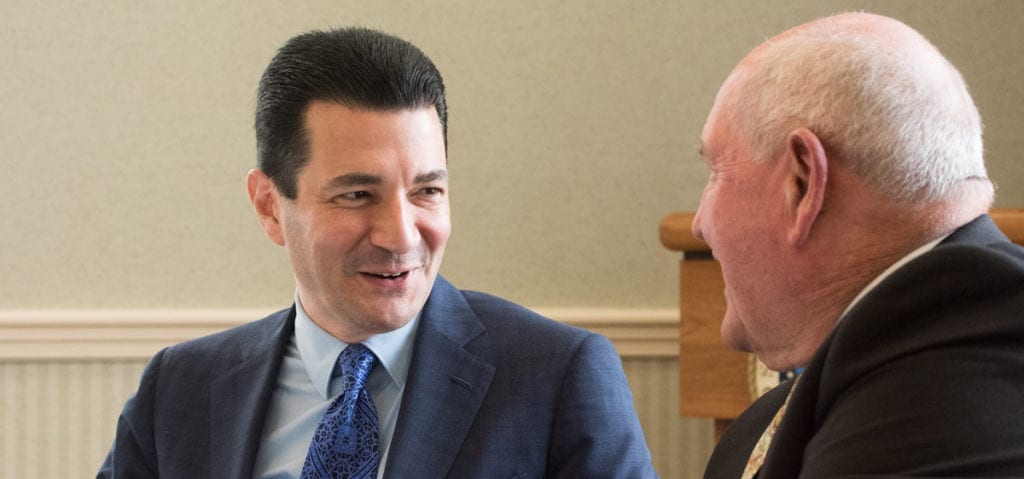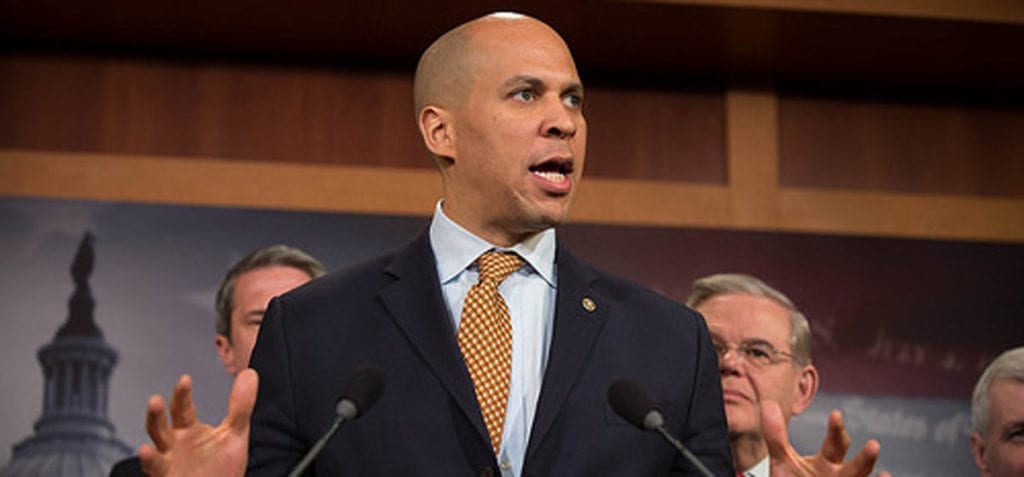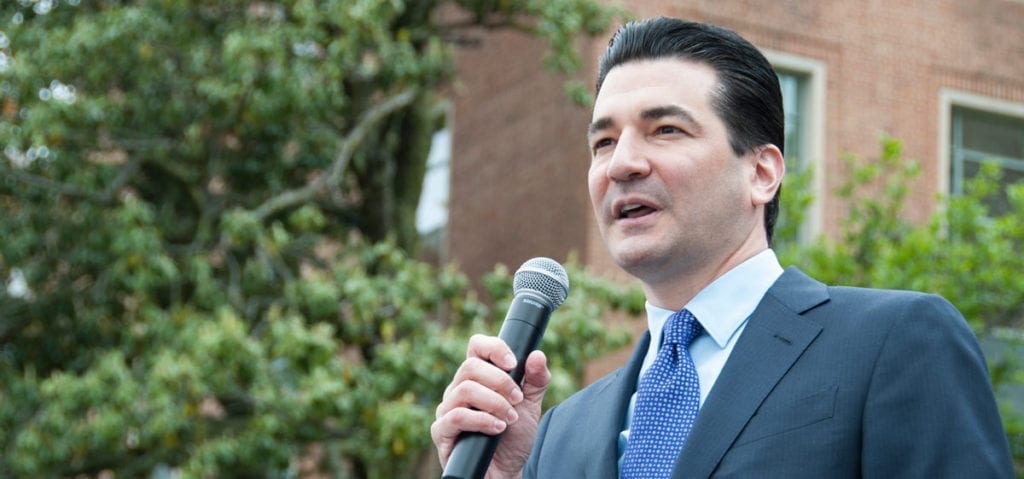It’s Time You Nurture Your Pets Holistically
In the last decade, people have become increasingly aware of CBD and its therapeutic effects, not only for people but for our furry friends as well. In spite of its fairly long tenure in the pet’s world, there is still a mild hesitation among pet owners regarding the use of CBD to help dogs.
The only cause for this reluctance is a lack of knowledge surrounding CBD for dogs. Yes, there is information available but, due to contradicting information online and often baffling technical terms, many of the benefits of using CBD oil for dogs get lost.
Today, we are going to share everything there is to know about CBD for dogs with the sole objective of making it easy for the everyday pet owner to understand why CBD for dogs is a great choice.
What Is CBD?
CBD has become one of the most popular cannabinoids today. The reason it has garnered so much attention and gained such popularity is its distinct medicinal characteristics. CBD is a chemical compound found in all the plants of the cannabis species. Although the concentration varies within the species, CBD can be found in Sativa, Indica, and Ruderalis cannabis plants.
There’s another cannabinoid as famous as CBD which most of us are aware of, THC. THC, or Tetrahydrocannabinol, is also one of 113 cannabinoids found in cannabis.

The similarity between both the cannabinoids is their therapeutic capability for both humans and dogs. But the difference between them is what makes CBD a great option today. THC is a psychedelic cannabinoid (i.e., it induces a high upon consumption). CBD, however, is a non-psychotic cannabinoid, meaning it does not make you high upon consumption.
Due to this difference between the cannabinoids, users can access CBD products without legal intervention in all 50 states while THC is strictly regulated by the federal government and is available only where state laws permit it. THC is still illegal under federal law.
But How Does CBD Work For Dogs?
This is by far the most asked question by pet parents: “CBD works for us, fine, but how does it have therapeutic effects for dogs as well?”
Well, the answer is not complicated — dogs have an endocannabinoid system just like ours! The endocannabinoid system, cannabinoid receptors, and endocannabinoids are similar in both humans and dogs. Therefore, CBD oil works as well for dogs as it works for us.
What are the Therapeutic Benefits of Using CBD Oil for Dogs?
- CBD May Help Occasional Discomfort: One of the most common health conditions among pets is chronic physical discomfort due to old age. The occurrence of arthritis is as common in dogs as in humans, making mobility an issue. Arthritis is nothing but inflammation of joints that leads to pain, stiffness, and joint degeneration.
CBD is widely known for its anti-inflammatory properties which may relieve physical discomfort in pets.
- CBD May Help Seizures and Epilepsy: The discovery of the full range of CBD’s therapeutic effects began with stories about its ability to treat symptoms related to epilepsy. Cannabidiol is a natural soother, and when an epileptic dog takes CBD, it may calm the frenzy of the mind.

CBD tends to decrease the frequency of seizures over time, making it a reliable alternative for the treatment of epilepsy.
- Manages Anxiousness: Whether it’s strangers, fireworks, or a new environment, it is crucial that you take your dog’s anxiousness seriously. CBD oil for dogs is one of the most popular options for anxious dogs. It subdues aggressiveness and stress in pets and helps keep them relaxed.

These are just a few of the therapeutic benefits of CBD. In addition to the positives mentioned above, CBD is also reported to help with autoimmune diseases, cardiovascular diseases, and inflammatory bowel diseases in dogs. If CBD for pets is added to your pup’s routine, it could improve the wellness of your pets in an all-natural way.
But if We Have Medicines, Why Use CBD for Dogs?
This is an entirely valid question! When our market is flooded with pet treatments, why go down the less traveled road?
The best answer to this question is because CBD is natural! Nature has all the answers to our problems, but the problem is that we don’t have the patience to try it out.
CBD, the most talked about cannabinoid, is extracted from hemp, a cannabis sativa species used for industrial use. It has less than 0.3% THC making it both federally legal and safe for pets.
Most of the CBD oils for dogs are tested for contaminants by third-party labs. There should be no chemically derived additives which may threaten your pet’s healt,h making CBD an entirely natural alternative for making your pets healthier.
Can CBD Oil Make Your Pet ‘High?’
CBD oil for dogs is formulated using extracts of hemp plant which are extremely low in THC. With less than 0.3% THC in the extracts, there’s no possibility your pet will feel the ‘high’ effect of THC. CBD-infused pet products are completely non-psychoactive.
Now you know almost everything there is to know about CBD for dogs. In case you are still unsure about CBD oil for dogs and feel hounded by more questions, reach out with your comment so we can get back to you!


























